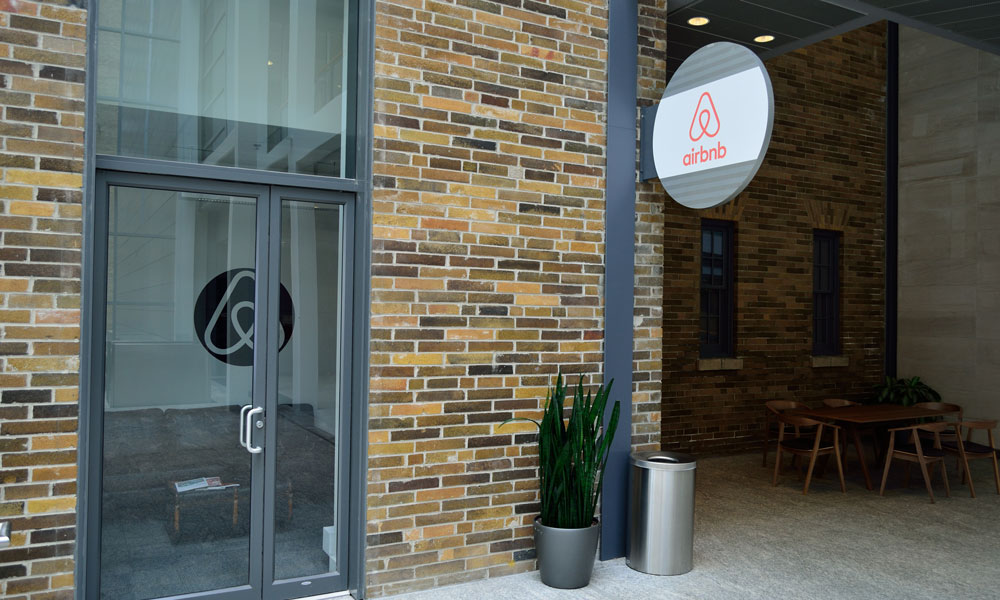
Airbnb Says It’s Seeing Business Travel Growth, but Some Employers Aren’t Biting
While the popular home-sharing company has been a hit with leisure travelers, some businesses aren't as keen on using Airbnb as they are Uber and Lyft. Part of the issue could be differences in liability.
Could Airbnb redefine the business travel experience? Sure, but it’s slower going for the service than for its sharing-economy counterparts Uber and Lyft.
In recent months, Airbnb and similar home-sharing services have been boosting their offerings for business travelers. Earlier this year, the company teamed with with several business travel platforms, including American Express Global Business Travel, BCD Travel, and Carlson Wagonlit Travel.
And Airbnb’s relationship with Concur, a travel and expense management firm that serves businesses, has been a success, according to that company, which saw a 56 percent increase in home-share bookings in the first quarter of 2015 compared with the prior year. And people tended to stay in home-share settings longer than they did in hotels, the report stated.
Airbnb, meanwhile, claims that it has seen business travel grow three times over since July 2015, according to CNBC.
Younger employees in particular are fans of the Airbnb setup, noted Julian Persaud, regional director of the Asia-Pacific market.
“Particularly, millennial employees have higher expectations of how they spend their time and wanting to move away from traditional methods,” Persaud told CNBC. “They’re the ones knocking on the doors of their boss, saying, ‘Hey, we want to do this.'”
Businesses holding back
But while business travel bookings are growing on Airbnb, not all businesses are ready to sign off on home sharing.
According to a recent study by Travel Leaders Group, more than half (55.4 percent) of travel agents surveyed said their clients never use alternative suppliers like Airbnb for accommodations. Just 10.5 percent said that 11 percent or more of their clients use such offerings.
(In comparison, 54.6 percent of respondents said that 11 percent or more of their clients use alternate suppliers for ground transportation, like Uber and Lyft.)
Gabe Rizzi, chief sales officer and head of Travel Leaders Corporate, says one reason may be that employer travel policies haven’t caught up with the new available options.
“As some business travelers embrace alternatives to long-established suppliers, companies must review their travel policies and how they accommodate ‘duty of care’ going forward,” Rizzi stated in a recent Travel Leaders Group report, adding that, in the case of ride-sharing, “businesses can’t ignore this trend.”
what about Legal Risk?
Part of the problem may be the differences in insurance between hotels and homes. Airbnb comes with different liability concerns. In comments to Stuff.co.nz, New Zealand employment lawyer Blair Scotland suggested the service remained a bit of a gamble for the average employer.
“If I was being a conservative employer worrying about liability, I wouldn’t be letting my employees use those sorts of services at this juncture,” Scotland told the website.
(Wikimedia Commons)






Comments